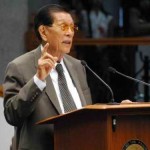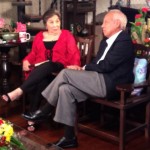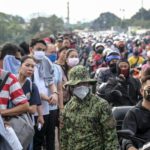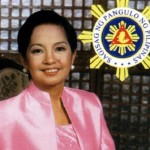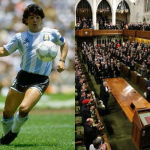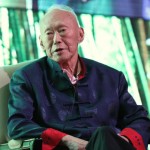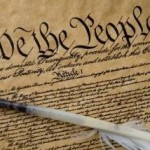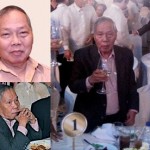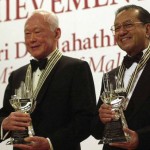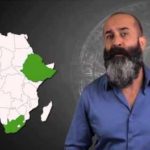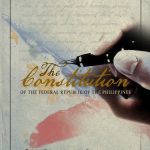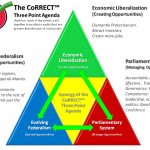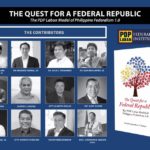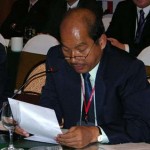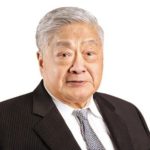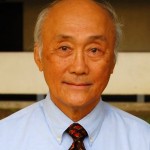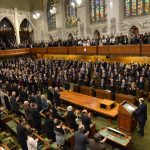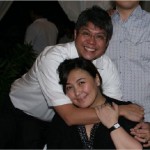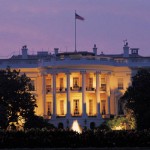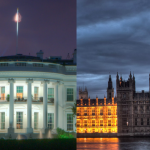Chapter I – The Republic
Article 1. The political association of all Filipinos, regardless of ethnicity, constitutes a Nation, whose State shall be named the Republic of the Philippines. Accordingly, the Republic:
- Recognizes the rights of indigenous peoples and cultural communities within the framework of the indissoluble unity of the Filipino Nation, the common and indivisible homeland of all Filipinos;
- Guarantees the right to self-government of the ethnicities and regions of which it is composed and the solidarity among them all; and
- Promotes the economic viability of the Autonomous Territories.
Article 2. The Republic of the Philippines is free and independent. Accordingly, the Republic shall pursue an independent foreign policy, and in its relations with other states the paramount consideration shall be national sovereignty, territorial integrity, national interest, and the right to self-determination.
However, the Republic renounces war as an instrument of national policy, adopts the generally accepted principles of international law as part of the law of the land, and adheres to the policy of peace, equality, justice, freedom, cooperation, and amity with all nations, maintaining privileged ties of friendship and cooperation with its neighboring countries in the region, and with countries it shares affinities with in language, history, culture, and values in democracy, human rights, and rule of law.
It is understood that the territory of the Republic comprises the Philippine archipelago, with all the islands and waters embraced therein, and all the other territories belonging to the Philippines by historic right or legal title, including the territorial sea, air space, subsoil, sea-bed, insular shelves, and submarine areas over which the Philippines has sovereignty or jurisdiction. The waters around, between, and connecting the islands of the archipelago, irrespective of their breadth and dimensions, form part of the internal waters of the Philippines.
Article 3. Sovereignty resides exclusively in the Filipino people, who shall exercise it through their representatives and by means of referendum and petitions.

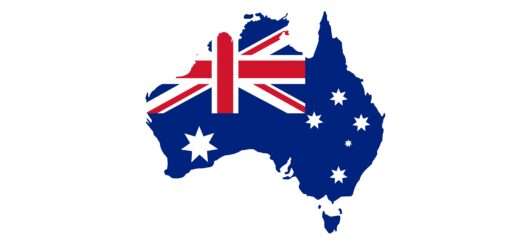
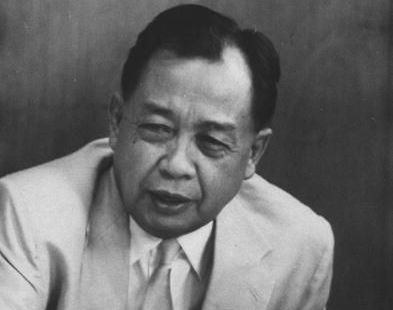
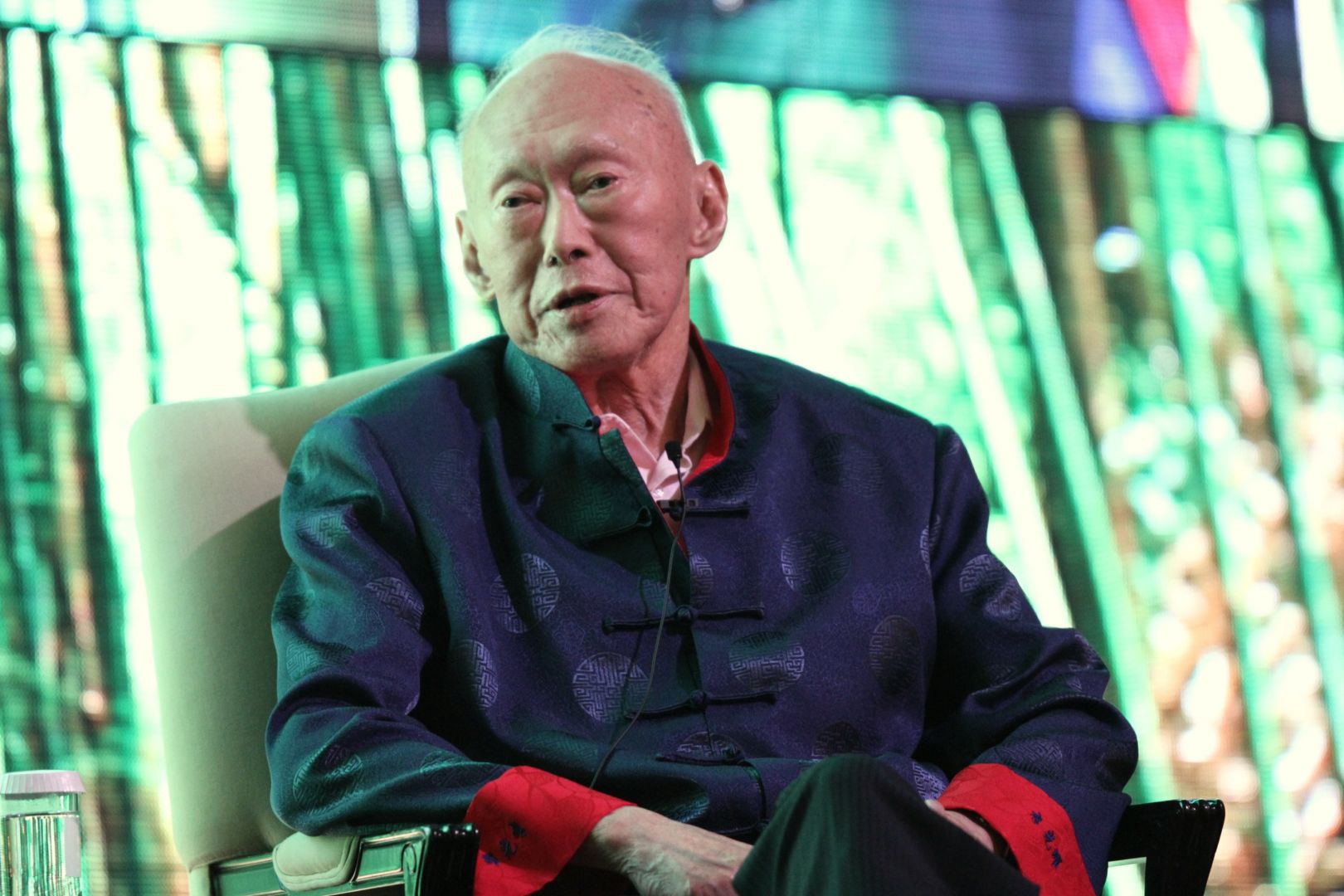
 I believe: This is a CoRRECT™ Video with a very positive message
I believe: This is a CoRRECT™ Video with a very positive message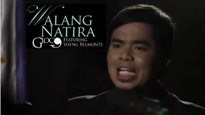 Walang Natira: Gloc-9's MTV Rap about the OFW Phenomenon
Walang Natira: Gloc-9's MTV Rap about the OFW Phenomenon
